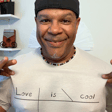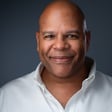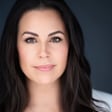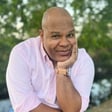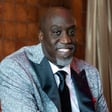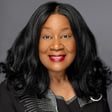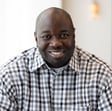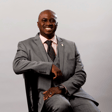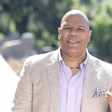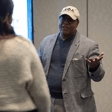
24. Omega | Born into Fraternity Life with Tom Murphy
Tom Murphy was born into fraternity life--no, really. It also means that Tom has a deep appreciation for fraternity (and sorority) life and the value that it holds for students. In this episode, Tom visits to talk about how, as a legacy member of Phi Mu Delta, he grew up in fraternity life and gravitated toward FSL leadership, even guiding him to become the executive director of the Northeast Greek Leadership Association.
About the Guest
Tom Murphy has been recognized as an innovative and progressive leader in the fraternity/sorority industry for nearly 30 years. Most recently, he served as the executive director of Phi Mu Delta Fraternity for seventeen years. Before Phi Mu Delta, Tom was an experienced fraternity/sorority advisor with positions at Gustavus Adolphus College, Lycoming College, and Monmouth University. Prior to his professional role with Phi Mu Delta, Tom served on the fraternity’s National Council, serving as vice president and national president.
Tom has been recognized by his peers with the Association of Fraternity/Sorority Advisors' Sue Kraft Fussell Distinguished Service Award and NGLA’s Phillipi Award and Guenzler Award. In addition, he has served on the North-American Interfraternity Conference’s Governing Council, the AFA Foundation Board, and the Board of Directors of the Fraternity Executives Association.
Tom understands the power of a strong and thriving fraternity community on campus. In particular, Tom is dedicated to empowering the Interfraternity Council and campus fraternities to be transformative agents and to provide superior experiences for their members.


